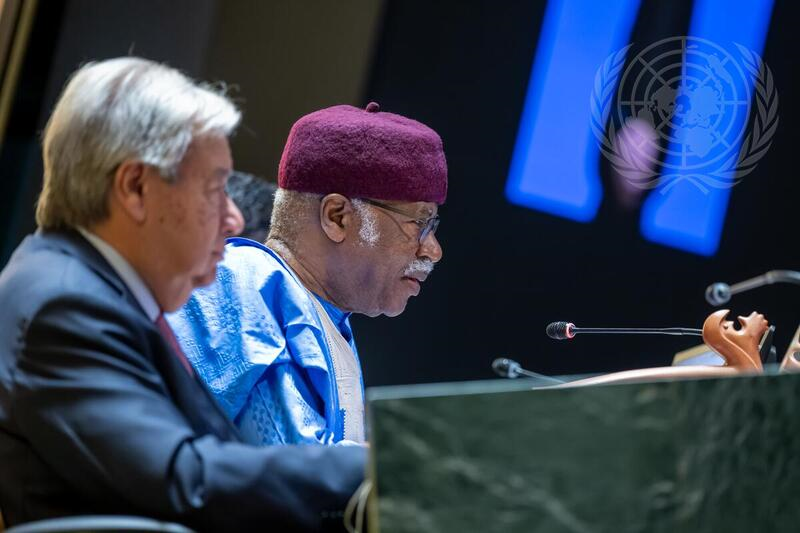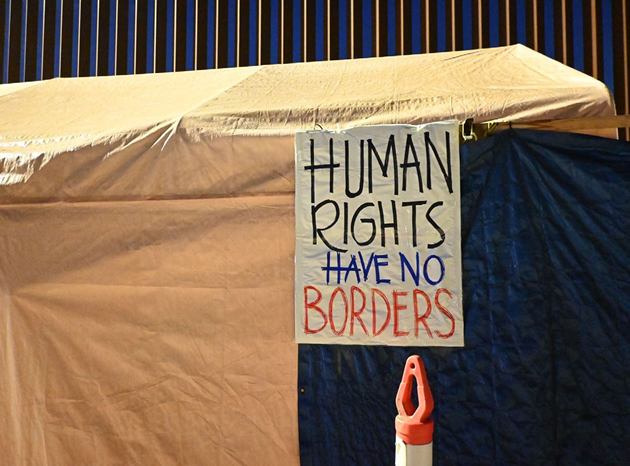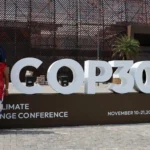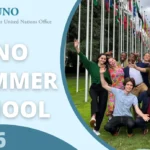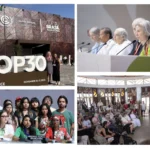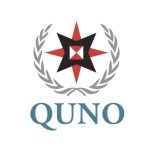On 22 and 23 September, world leaders met in New York for the Summit of the Future. The road to the Summit and its outcome document, the Pact for the Future, followed months of intense negotiation and has been a process that QUNO staff in Geneva and New York have followed closely. While the process began by articulating ambitious aims, the UN has travelled a difficult road, arriving at an outcome that affirms a shared commitment to multilateralism by most while also leaving many disappointed.
The text adopted at the Summit includes a range of commitments on issues such as sustainable development; international peace and security; science, technology and the safe use of artificial intelligence; youth and future generations; and global governance. These commitments are outlined through 56 actions but a clear path for follow-up is lacking. Deep divisions among UN member states produced a final Pact for the Future in which commitments are voluntary and lack ambition. Additionally, the ability of civil society organizations to give input and help shape the Pact was highly restricted.
QUNO staff note that during the final negotiations between UN member states several proposals related to our work were eliminated. For instance, language that would have strengthened Sustainable Development Goal 16 by focusing on reducing violent deaths was eliminated during negotiations. In a direct tie to QUNO's work on sustainable and just economies, the Pact mentions the ongoing process to conclude a legally-binding international agreement on plastic pollution yet does not offer actionable measures to target the drivers that make plastic so widely used in our world today.
Likewise, while the Pact for the Future’s language calls for a more inclusive, equitable, and sustainable global financial system, it lacks concrete steps for reform or commitments to shift away from the dominant economic model. The Pact's emphasis on trade risks perpetuating the status quo reliance on profit-driven growth, which exacerbates poverty and environmental degradation.
QUNO staff, and many of the UN partners who we work with, were frustrated by the limited opportunities to engage and provide input into a process that was led by UN member states. We wanted to see an outcome that embraced a much stronger connection between calls for action and commitments to actionable steps. We also had hoped to see adoption of frameworks that look beyond traditional quantitative metrics to measure progress in human rights, peace, and ecological well-being.
To better understand the lackluster outcome of the Summit of the Future, it is essential to understand the context facing the UN over recent years. The UN Secretary-General laid out the proposal for the Summit in a report entitled Our Common Agenda, published in September 2021. The report highlighted the immense and complex challenges facing the world today. It noted that 75 years earlier, when world leaders created the UN, they faced a very different global context. As a result, in the present day, the UN system has found itself straining to address crises that its architects had never imagined. The report laid out a broad menu of proposals aimed at reforming and renewing trust in the UN to enable it to tackle the challenges of the 21st century. The Secretary-General proposed a plan by which these different work streams would culminate at the Summit of the Future in September 2024.
The ambitious program laid out in the Secretary-General's report was quickly upended by some of the complex challenges it intended to address. In March 2022, the world witnessed Russia's invasion of Ukraine. The invasion drew attention to the severe limitations of the UN Security Council in instances when one of its permanent members takes action that represents a threat to international peace and security. This crisis came on top of failures to coordinate and collaborate in response to the ongoing COVID pandemic, and the many unfolding tragedies related to climate change. More recently, renewed attention has fallen again on the Security Council. The world has watched in dismay and anger as another permanent member of the Security Council, this time the US, has repeatedly blocked efforts to prevent genocide in, and to facilitate the delivery of humanitarian aid to Gaza. Likewise, the UN has been unable to provide the leadership needed to tackle conflict and a deepening famine in Sudan.
In this context of deep divisions, competition, and distrust, negotiations on the Pact for the Future, which began in early 2024, faced a long and arduous path from the beginning. Against this background, one might say that negotiating and adopting the Pact for the Future was a milestone in and of itself. It is up to the global community to now follow up and demand effective action from States to fulfil the commitments in the Pact.
Despite the setbacks and disappointment, it is worth noting that progress at the UN is not always measured in milestone moments, summit outcomes, or grand gestures. Often, the work of the UN is done in small increments that have long timelines. Creating lasting positive change in peoples’ daily lives takes time and may not be marked by fanfare. It is often by preserving the space for small, positive shifts to happen where QUNO's work is the most critical. As the UN moves beyond the Summit of the Future and dives into a hectic year of meetings in Geneva and New York, QUNO will continue bringing Quaker witness and testimonies into our engagement with UN diplomats, UN officials, and civil society partners. We will continue to be a voice for a peaceful, just, and sustainable world where all life can flourish.
UN Photo/Mark Garten

